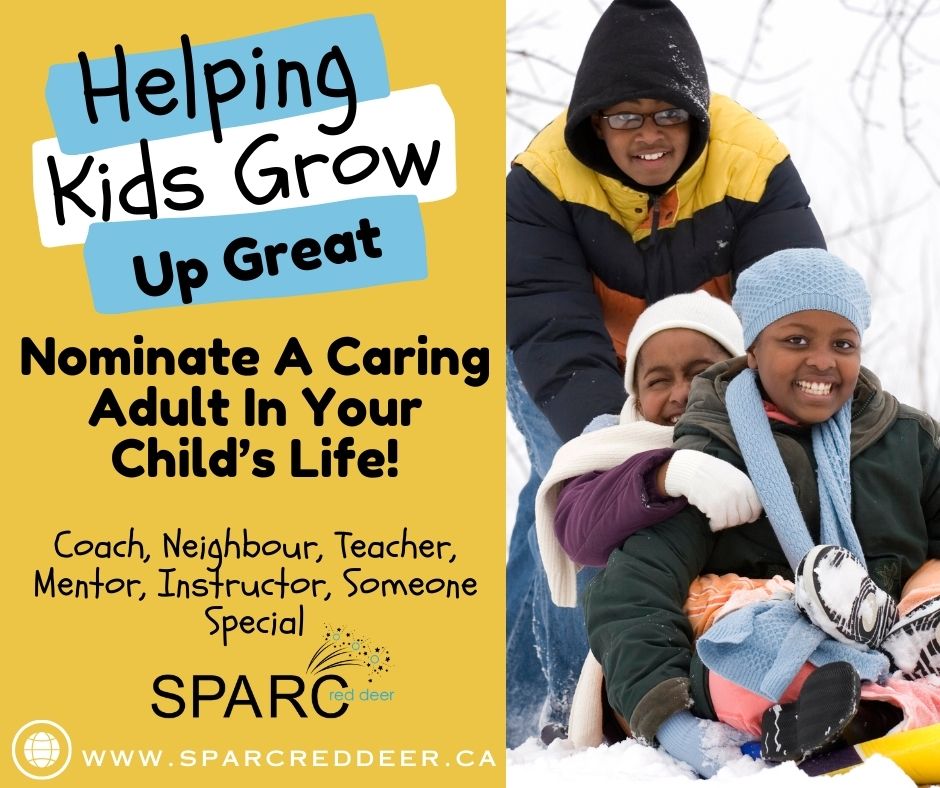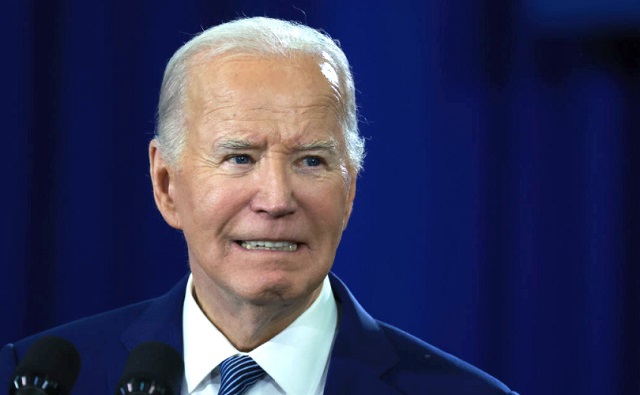Community
Giving To Others Makes Us Happier

– Danielle Stewart, Volunteer Central
The holiday season can be overwhelming. Our to-do lists seem to get bigger while the budgets grow tighter. One way to help alleviate the stress and tensions of the holiday season is to give the gift of happiness. New studies attest to the benefits of giving—not just as the receiver, but as a giver, it boasts plenty of health benefits and happiness, and strengthens our community.
Studies have shown that giving to others makes us far happier than spending on ourselves. Of course, you don’t have to shop to reap the benefits of giving. Research suggests the same benefits come from donating to charities or volunteering your time. In lieu of giving gifts, make a pledge with friends and family to donate your time to a local organization. Create an impact that will have a ripple effect within our community while boosting your feel-good spirit.
Here are just a few ways you can make an impact in our community this holiday season:
Adopt-A-Family
Put food on the table for a family that doesn’t have the means to do so. The Outreach Centre and The Salvation Army, among a few other organizations, host programs that help give meals and gifts to families during the holiday season. Alternatively, you can choose to donate through the Outreach Giving Catalogue. Find out how you can get involved at womensoutreach.ca.
Help the Homeless
At a time when warm homes and family gatherings are common, the homeless are left feeling particularly isolated. Check out The Mustard Seed, and The Salvation Army for programs to volunteer with, or for items to donate.
Gifts for Grandparents
The Gifts for Grandparents program is underway for its 12th year. In 2018 over 500 gift bags were delivered to isolated seniors in Central Alberta just in time for Christmas. The goal for 2019 is to continue to make Christmas brighter for seniors in our community. Donations can be dropped off starting November 13 to December 11 at FSCA, Kinsmen Family Place Parkland Mall, Timberlands PetValu, Capri Salon, Shoppers Drug Mart (Village Mall, Bower Mall & Clearview Market locations) and Marlin Travel. It is our goal to connect with seniors that could just use a little cheer in their life especially around the holiday season. If you have any questions please call Liz at 403.309.8215
Kettle Bells
Each holiday season, the Salvation Army amps up its fundraising efforts to help support underserved populations. We all know those kettle-bell stands with the ringing bells! Although in the days of plastic debit cards, spare change is hard to come by, no doubt. As little as a dollar will collectively go towards helping those in need in our community.
Toy Drive
Big Rebels fan? Kill two birds with one stone. The Wawanesa Toy drive is in support of United Way Central Alberta. Put a smile on a child’s face this holiday season by donating a new and unwrapped toy at the Red Deer Rebels game on Nov. 30.
GivingTuesday
December 3rd marks the opening day of the giving season, #GivingTuesday. From December 3rd – 10th, the Downtown Business Association will be accepting donations on behalf of the Food Bank, Christmas Bureau, Red Deer Soup Kitchen, Safe Harbour, and the Whisker Rescue. To learn more about what items to donate or to drop off items, get in touch with Raven from the Downtown Business Association.
If you’re looking for other ways to get involved, check out our website at volunteercentral.ca for all the latest volunteering opportunities in our community.
Community
SPARC Red Deer – Caring Adult Nominations open now!

Red Deer community let’s give a round of applause to the incredible adults shaping the future of our kids. Whether they’re a coach, neighbour, teacher, mentor, instructor, or someone special, we want to know about them!
Tell us the inspiring story of how your nominee is helping kids grow up great. We will honour the first 100 local nominees for their outstanding contributions to youth development. It’s time to highlight those who consistently go above and beyond!
To nominate, visit Events (sparcreddeer.ca)

Addictions
‘Harm Reduction’ is killing B.C.’s addicts. There’s got to be a better way

From the Frontier Centre for Public Policy
B.C. recently decriminalized the possession of small amounts of illicit drugs. The resulting explosion of addicts using drugs in public spaces, including parks and playgrounds, recently led the province’s NDP government to attempt to backtrack on this policy
Fuelled by the deadly manufactured opioid fentanyl, Canada’s national drug overdose rate stood at 19.3 people per 100,000 in 2022, a shockingly high number when compared to the European Union’s rate of just 1.8. But national statistics hide considerable geographic variation. British Columbia and Alberta together account for only a quarter of Canada’s population yet nearly half of all opioid deaths. B.C.’s 2022 death rate of 45.2/100,000 is more than double the national average, with Alberta close behind at 33.3/100,00.
In response to the drug crisis, Canada’s two western-most provinces have taken markedly divergent approaches, and in doing so have created a natural experiment with national implications.
B.C. has emphasized harm reduction, which seeks to eliminate the damaging effects of illicit drugs without actually removing them from the equation. The strategy focuses on creating access to clean drugs and includes such measures as “safe” injection sites, needle exchange programs, crack-pipe giveaways and even drug-dispensing vending machines. The approach goes so far as to distribute drugs like heroin and cocaine free of charge in the hope addicts will no longer be tempted by potentially tainted street drugs and may eventually seek help.
But safe-supply policies create many unexpected consequences. A National Post investigation found, for example, that government-supplied hydromorphone pills handed out to addicts in Vancouver are often re-sold on the street to other addicts. The sellers then use the money to purchase a street drug that provides a better high — namely, fentanyl.
Doubling down on safe supply, B.C. recently decriminalized the possession of small amounts of illicit drugs. The resulting explosion of addicts using drugs in public spaces, including parks and playgrounds, recently led the province’s NDP government to attempt to backtrack on this policy — though for now that effort has been stymied by the courts.
According to Vancouver city councillor Brian Montague, “The stats tell us that harm reduction isn’t working.” In an interview, he calls decriminalization “a disaster” and proposes a policy shift that recognizes the connection between mental illness and addiction. The province, he says, needs “massive numbers of beds in treatment facilities that deal with both addictions and long-term mental health problems (plus) access to free counselling and housing.”
In fact, Montague’s wish is coming true — one province east, in Alberta. Since the United Conservative Party was elected in 2019, Alberta has been transforming its drug addiction policy away from harm reduction and towards publicly-funded treatment and recovery efforts.
Instead of offering safe-injection sites and free drugs, Alberta is building a network of 10 therapeutic communities across the province where patients can stay for up to a year, receiving therapy and medical treatment and developing skills that will enable them to build a life outside the drug culture. All for free. The province’s first two new recovery centres opened last year in Lethbridge and Red Deer. There are currently over 29,000 addiction treatment spaces in the province.
This treatment-based strategy is in large part the work of Marshall Smith, current chief of staff to Alberta’s premier and a former addict himself, whose life story is a testament to the importance of treatment and recovery.
The sharply contrasting policies of B.C. and Alberta allow a comparison of what works and what doesn’t. A first, tentative report card on this natural experiment was produced last year in a study from Stanford University’s network on addiction policy (SNAP). Noting “a lack of policy innovation in B.C.,” where harm reduction has become the dominant policy approach, the report argues that in fact “Alberta is currently experiencing a reduction in key addiction-related harms.” But it concludes that “Canada overall, and B.C. in particular, is not yet showing the progress that the public and those impacted by drug addiction deserve.”
The report is admittedly an early analysis of these two contrasting approaches. Most of Alberta’s recovery homes are still under construction, and B.C.’s decriminalization policy is only a year old. And since the report was published, opioid death rates have inched higher in both provinces.
Still, the early returns do seem to favour Alberta’s approach. That should be regarded as good news. Society certainly has an obligation to try to help drug users. But that duty must involve more than offering addicts free drugs. Addicted people need treatment so they can kick their potentially deadly habit and go on to live healthy, meaningful lives. Dignity comes from a life of purpose and self-control, not a government-funded fix.
Susan Martinuk is a senior fellow at the Frontier Centre for Public Policy and author of the 2021 book Patients at Risk: Exposing Canada’s Health Care Crisis. A longer version of this article recently appeared at C2CJournal.ca.
-

 Health2 days ago
Health2 days agoTransgender activists are threatening the author of scathing UK report on child ‘sex changes’
-

 conflict2 days ago
conflict2 days agoCol. Douglas Macgregor torches Trump over support for bill funding wars in Ukraine and Israel
-

 Frontier Centre for Public Policy2 days ago
Frontier Centre for Public Policy2 days agoThe end of Canada: The shift from democracy to totalitarian behavior in the ‘pandemic era’
-

 International2 days ago
International2 days agoBiden admin expands Title IX to include ‘gender identity,’ sparking conservative backlash
-

 Alberta2 days ago
Alberta2 days agoAlberta’s baby name superstar steals the show again
-

 Censorship Industrial Complex2 days ago
Censorship Industrial Complex2 days agoNow We Are Supposed to Cheer Government Surveillance?
-

 Business22 hours ago
Business22 hours agoDon’t be fooled by high-speed rail
-

 Alberta22 hours ago
Alberta22 hours agoActivity-Based Hospital Funding in Alberta: Insights from Quebec and Australia






